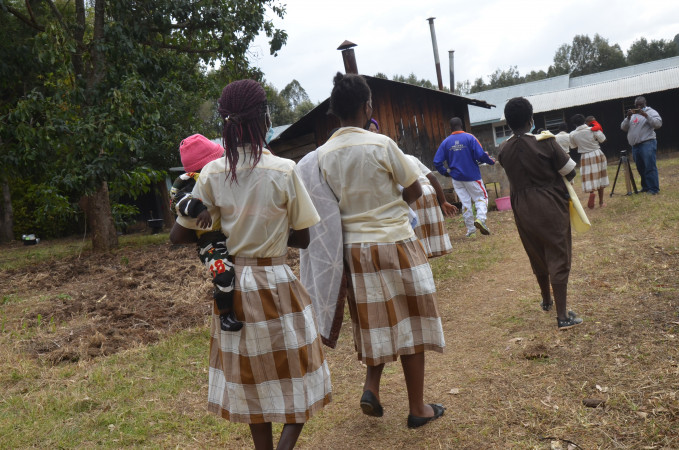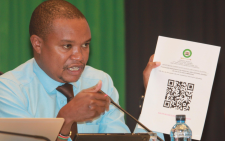Alarm over rise in teen pregnancies at helpless schools

Teenage pregnancies are becoming a big concern, with lobby groups urging county governments to develop relevant policies.
Speaking at the launch of a report dubbed Tamatisha, the Forum for African Women Educationalists (Fawe-Kenya) said factors leading to early, unplanned pregnancies vary and need different interventions.
“County assemblies should make laws on this. We are appealing to them to give the matter the attention it deserves,” said Fawe CEO Teresa Atieno.
A recent survey by Fawe in Nairobi, Narok, Machakos, Kajiado and Nakuru sought to find out the status of teenage pregnancies and school dropouts. While Narok and Kajiado have cultural practices such as early marriages that lead to teen pregnancies, Machakos, Nairobi and Nakuru have other factors.
“The National Education Sector Strategic Plan (NESSP) outlines gender-based violence, defilement and substance abuse as reasons for teenage pregnancies, so a county-level analysis is needed,” she said.
At the onset of the Covid-19 pandemic, teenage pregnancies were reported in large numbers, resulting in drop-outs when schools re-opened in January 2021.
According to the findings, girls’ return to school was hindered by challenges that schools faced, as well as refusal by communities to allow girls to learn.
“Many community attach stigma to young mothers, making it difficult for them to return to school. They also become a source of discrimination from teachers and fellow students,” Fawe said.
Most resources for school infrastructure are also not available, making many girls stay at home.
Various heads of education from the five counties in Fawe’s study gave insights into the findings.
Kevin Omwansa, head of knowledge management at Fawe, said teen pregnancies were worrying. “In April 2021, the government launched a report, together with the Teachers’ Service Commission, stating that over 400,000 students had not returned to school,” said Omwansa.
Out of these, over 250,000 were girls, 150,000 of whom were pregnant.
He called for provision of youth-friendly sexual reproductive health services.









